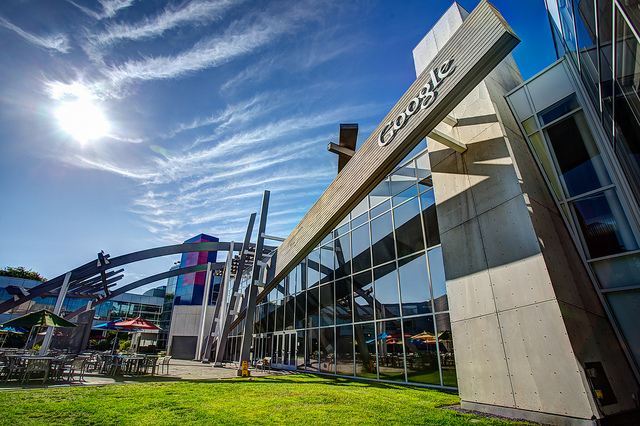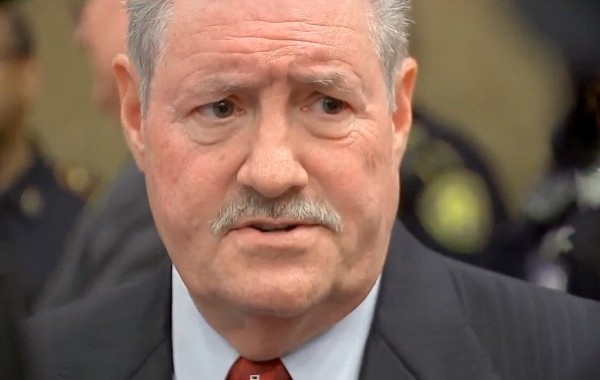By now you’ve heard about it: the flow of jobs from California to Texas. Some of Silicon Valley’s biggest names – think Google, Facebook and Apple – have moved corporate offices and operations into some of the Lone Star state’s biggest cities.
Folks up in the Bay Area are taking notice, too. The San Francisco Chronicle reports that nearly two dozen Silicon Valley tech companies are headed to Texas, with more in the pipeline.
San Francisco Chronicle’s data reporter Joaquin Palomino says that while the movement of jobs from California to Texas isn’t a surprise, the names of some of the companies moving are.
“I think what did catch some people off guard, though, is this idea that a lot of these big name tech companies that are associated with the Silicon Valley have been expanding into Austin, and other parts of Texas as well,” Palomino says.
Much of that has to do with the lower cost of doing business in Texas, he says. Taxes are lower here, sure, but the soaring cost of housing and other living costs in the Bay Area also makes Texas cities more attractive to companies and employees.
“Housing’s expensive. Commercial real estate’s expensive. You have to pay your employees more, because it obviously costs a lot more to live here,” Palomino says. “So there is this concern that when companies do grow, and they don’t need to grow here … that they’re gonna start growing in places like Texas and places that are just cheaper and a little bit easier to do business.”
That may sound ominous for the Golden State, but job flow to Texas won’t sink the California economy any time soon. Only a small fraction of job loss came from companies moving out of state.
“The last study that was done by the Public Policy Institute of California, they found that it was one-half of 1 percent of job loss (that) came from actual companies moving from one state to another.”
Listen to the full interview in the audio player above.















